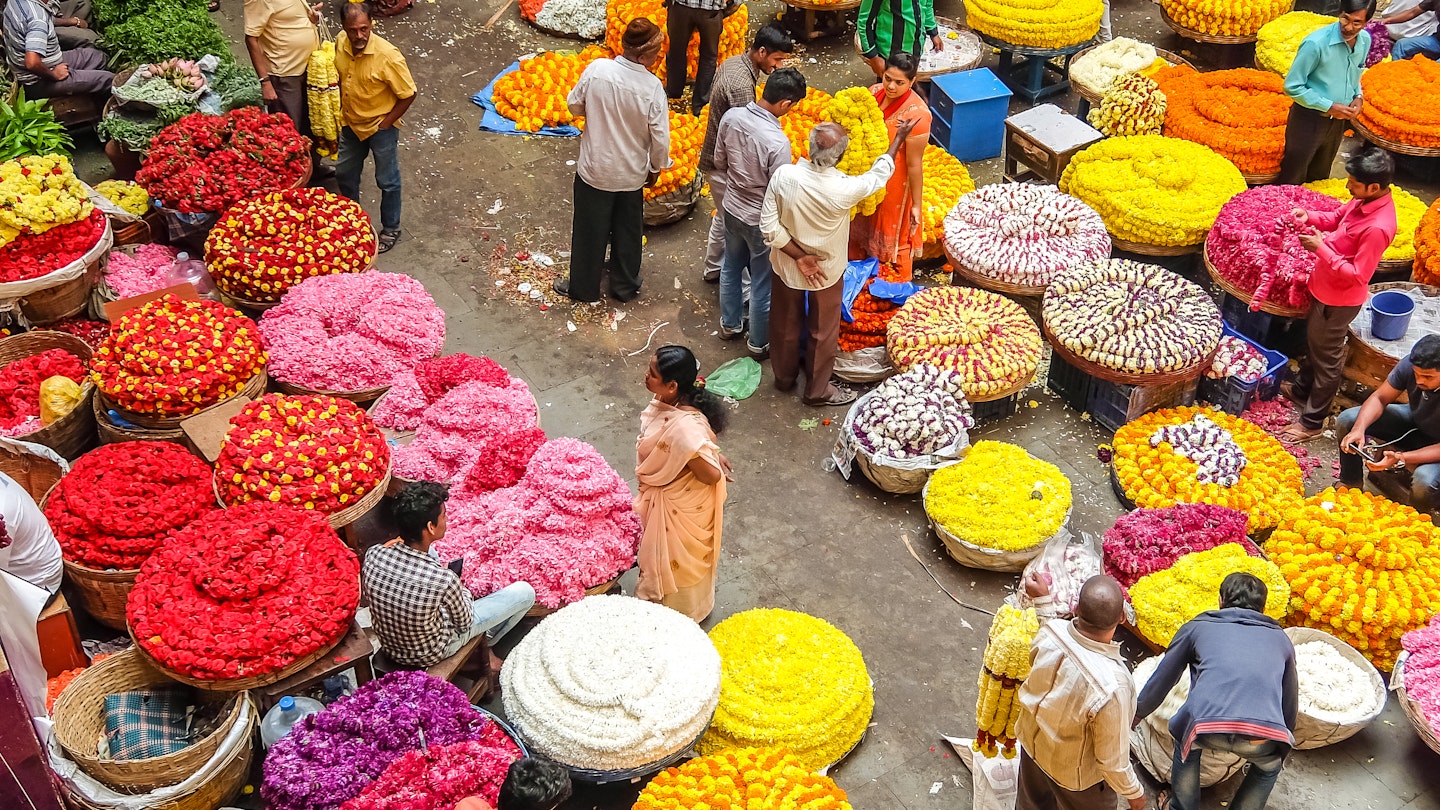Travel Tips for India: Preparing for an Unforgettable Journey
India is a place that overwhelms your senses in the best possible way – nowhere else delivers quite the same barrage of sights, sounds, and sensations as this continent-sized country at the heart of Asia.
1. Plan Your Trip Around the Seasons
India is known for its diverse climate; it is not just hot and humid. The southwest monsoon brings rainy weather from June to September, making it crucial to plan accordingly. While this is the best time to visit the high-altitude deserts of Ladakh, keep in mind the risk of landslides and floods. The ideal travel period generally lasts from October to May, although spring temperatures can be sweltering.
2. Get Vaccinated Before You Travel
Although there are no required vaccinations to enter India (except for travelers from countries with endemic yellow fever), it’s essential to consult a healthcare professional at least eight weeks prior to your trip. Recommended vaccinations include those for diphtheria, tetanus, hepatitis A and B, polio, and typhoid.

3. Take Malaria Precautions
Depending on your travel destination in India, anti-malarial tablets might be advisable. Regions like northeastern and eastern India, as well as Mangalore, face higher malaria risks. Always take precautions to avoid mosquito bites, as it also mitigates the risk of dengue fever. Consider sleeping under a mosquito net and using repellents with high concentrations of DEET.
4. Ensure You Have Travel Insurance
Travel insurance is essential when visiting India due to varying healthcare standards. Public hospitals may be poorly equipped, thus insurance covering emergency evacuation is crucial. Always report any crime to local authorities and obtain a police report to facilitate any insurance claims.
5. Secure Communication Before You Travel
Having a local SIM card can simplify many logistics in India, including train bookings and online orders. Bring an unlocked phone and prepare passport photos and photocopies of your ID pages to sign up for a local pay-as-you-go SIM on arrival.

6. Book Accommodation During Peak Seasons
From November to February, India experiences a surge in tourists. Booking accommodations ahead of time can provide better rates and options. Additionally, train tickets for popular routes should be booked in advance through local platforms. Always check festival dates beforehand as they fluctuate yearly, which can significantly affect prices and availability.
7. Learn About Local Etiquette
While English often serves as a common language, familiarizing yourself with local greetings enhances interactions. In northern India, saying “namaste” (I bow to you) with hands together is appreciated. Respect for local customs is significant, including avoiding the use of your left hand for handshakes or transactions.
8. Culinary Tips
India’s rich diversity in cuisine adheres to various dietary restrictions across different religions. Familiarize yourself with local dining customs, such as eating with your right hand in many southern Indian restaurants. Don’t hesitate to embrace these unique cultural experiences while enjoying traditional thalis served on banana leaves.

9. Practice Patience While Haggling
Haggling is common in Indian markets; however, maintaining a calm demeanor and respect is vital. The negotiation usually starts with a vendor quoting a higher price, and the two parties can gradually agree on a fair price. Always feel free to walk away if you do not reach an acceptable agreement.
10. Dress Modestly
Modesty in attire is crucial in various parts of India, especially for women. Loose-fitting clothing that covers legs and arms is advisable. Traditional garments like kurta pyjama or salwar kameez are appropriate choices for both men and women.

11. Respect Religious Etiquette
India’s rich tapestry of religious beliefs necessitates an understanding of local customs. Always check entry permissions for religious sites and be prepared to remove shoes and cover heads when necessary. Also, avoid inappropriate gestures, such as pointing the soles of your feet towards any person or deity.
12. Understand Local Generosity
Giving alms is commonplace in India. Whether or not to give is ultimately your choice, yet consider supporting reputable charities instead of individuals. This can often have a more substantial impact on the communities you wish to help.
13. Be Aware of Social Norms
Respect for elders is deeply rooted in Indian culture. Familiarizing yourself with how to interact appropriately in different contexts can enhance your experience. In conservative parts of India, interactions between unmarried men and women may be scrutinized.
14. Acknowledge the Reality of Street Harassment
While harassment can occur worldwide, some parts of India have garnered attention due to safety concerns for women. Remain vigilant and avoid secluded areas, particularly at night. On public transport, opt for women-designated spaces for added safety.

15. Stay Informed Through Local News
Monitoring local news is vital for staying updated on safety risks, particularly in regions afflicted by political unrest or natural disasters. Always adhere to local advisories and curfews in the event of any crisis.
16. Familiarize Yourself with Local Laws
India has distinct laws that may be unfamiliar to visitors. For instance, taking photos of military installations and borders is strictly prohibited. Understanding these regulations can help avoid legal complications.

17. Acclimatize Properly When Hiking
Acute Mountain Sickness (AMS) can pose risks when hiking above 2500m (8202ft). Always prioritize acclimatization to mitigate potential health risks when embarking on treks in the Indian Himalayas.
18. Avoid Drug Use
India’s drug laws are stringent, and being caught with even small amounts of drugs can lead to severe penalties. Travelers should be wary of any illegal substances, including marijuana, which is mostly restricted to ceremonial uses.
19. Drink Safe Water
Tap water in India is not safe for consumption. Stick to purified or bottled water, especially in terms of ice and uncooked foods. Cautiously enjoy hot beverages, especially chai, as these are generally safe.
20. Be Cautious of Scams
Scams targeting tourists are prevalent, so be diligent about sourcing information from official offices. Exercise caution with unsolicited assistance and be skeptical about everyone’s offers. Always verify claims about closed establishments to avoid falling victim to scams.






